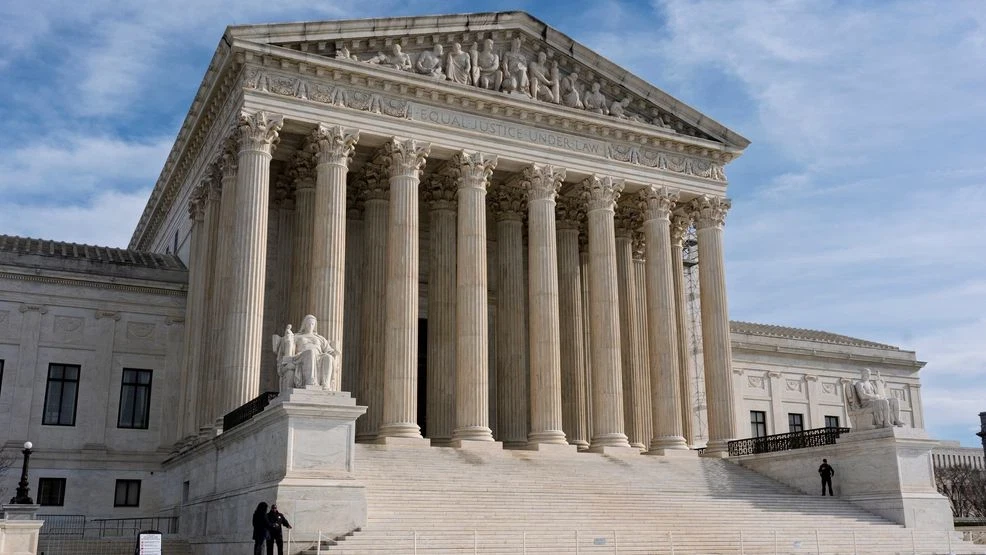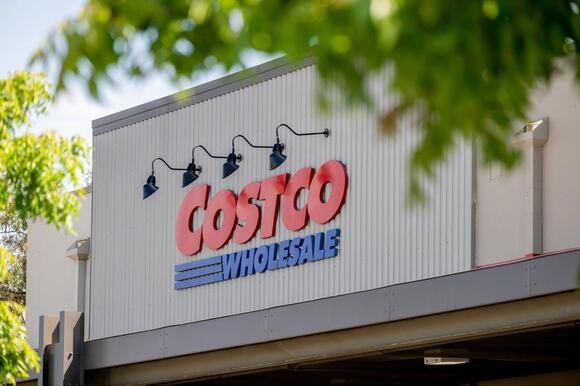ILLINOIS — The U.S. Supreme Court has declined to immediately take up a lawsuit brought by Learning Resources Inc., a Vernon Hills-based educational toy company, which sought to challenge the legality of Trump-era tariffs on imported goods.
The decision, issued Friday, means the high court will not fast-track the case, leaving it to continue through the lower courts — a process that could take months or longer to reach a resolution.
What the Toy Company Argued
Learning Resources Inc. has been fighting the tariffs since 2018, when then-President Donald Trump invoked emergency powers to impose duties on various imports, citing trade deficits as a national emergency.
The company says the tariffs have disrupted global supply chains and added heavy costs for small manufacturers, particularly those importing educational tools, toys, and classroom materials.
In its Supreme Court filing, the company warned that ongoing uncertainty is having a “massive impact” on businesses nationwide and called for urgent clarification from the country’s highest court.
However, in a brief order, the justices declined the request without explanation — a common practice, especially when a case is still under appellate review.
What Happens Next
The case will now proceed in the U.S. Court of Appeals, which is set to hear arguments in late July. Although Learning Resources Inc. scored an early win in a lower court, that ruling is on hold while the appeals process unfolds.
The broader case questions whether President Trump overstepped his authority under the International Emergency Economic Powers Act (IEEPA), which gives presidents the ability to regulate imports during national emergencies.
Why This Matters for Illinois Businesses
The case is being closely watched by import-reliant companies across Illinois, especially in the manufacturing, tech, and consumer goods sectors. Many argue that tariffs have created long-term unpredictability, driving up costs while discouraging innovation and growth.
If courts eventually strike down the use of emergency powers in this context, it could reshape the legal landscape for presidential authority on trade policy.
Federal Position on Tariffs
The Trump administration has previously defended the emergency tariffs by arguing that chronic trade deficits posed a national security concern and warranted quick executive action. Those tariffs have remained in place into subsequent administrations.
Until a final decision is reached in the appeals court or taken up again by the Supreme Court, Trump’s tariffs remain in effect.
Are you a business owner impacted by trade tariffs or global shipping costs? Share how it’s affected your bottom line or strategy on ChicagoSuburbanFamily.com.














